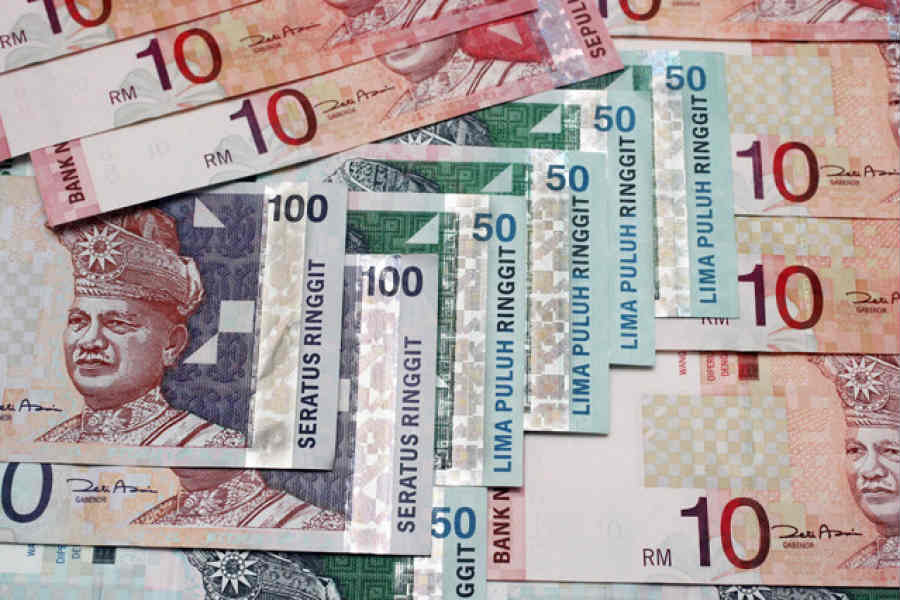KUALA LUMPUR, March 29 — The ringgit opened lower against the US dollar on Tuesday as the greenback strengthened further following the Bank of Japan’s (BOJ) decision to buy 10-year Japanese Government Bonds (JGBs) from March 29 to 31.
At 9am, the local currency was trading at 4.2200/2245 against the greenback from 4.2155/2175 at Monday’s close.
Bank Islam Malaysia Bhd chief economist Mohd Afzanizam Abdul Rashid said the announcement had caused the Japanese yen to weaken to 123.75 per US dollar from merely 113 to 114 range in early March.
“Consequently, the US Dollar Index (DXY) rose 0.31 per cent to 99.091 points,” he told Bernama.
At the same time, he said the geopolitical conflict will continue to be the source of market instability.
“The talks between Ukraine and Russia officials will also commence this week with the hope that some possible resolution between the two nations can be achieved in the near term,” he said.
Mohd Afzanizam said the investors this week would focus on the US Nonfarm Payroll and Unemployment rate, as well as the Organisation of the Petroleum Exporting Countries (OPEC) meeting.
He said clearly, the global economic recovery is uneven and the speed of monetary support withdrawal varies.
Hence, he said the ringgit versus the US dollar is likely to stay weak, possibly around the current range.
At the opening, the ringgit was traded mostly higher against a basket of major currencies, except with the Japanese yen.
The local unit rose against the British pound to 5.5202/5261 from 5.5362/5388 on Monday and improved versus the euro to 4.6310/6360 from 4.6316/6338.
The ringgit was slightly higher against the Singapore dollar at 3.0995/1033 from 3.0996/1016 previously but fell against the yen to 3.3991/4033 from 3.3982/4001.
— Bernama





